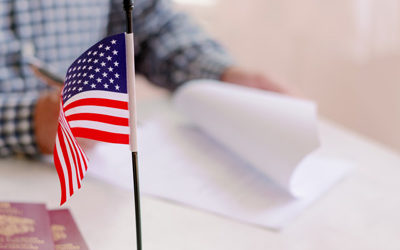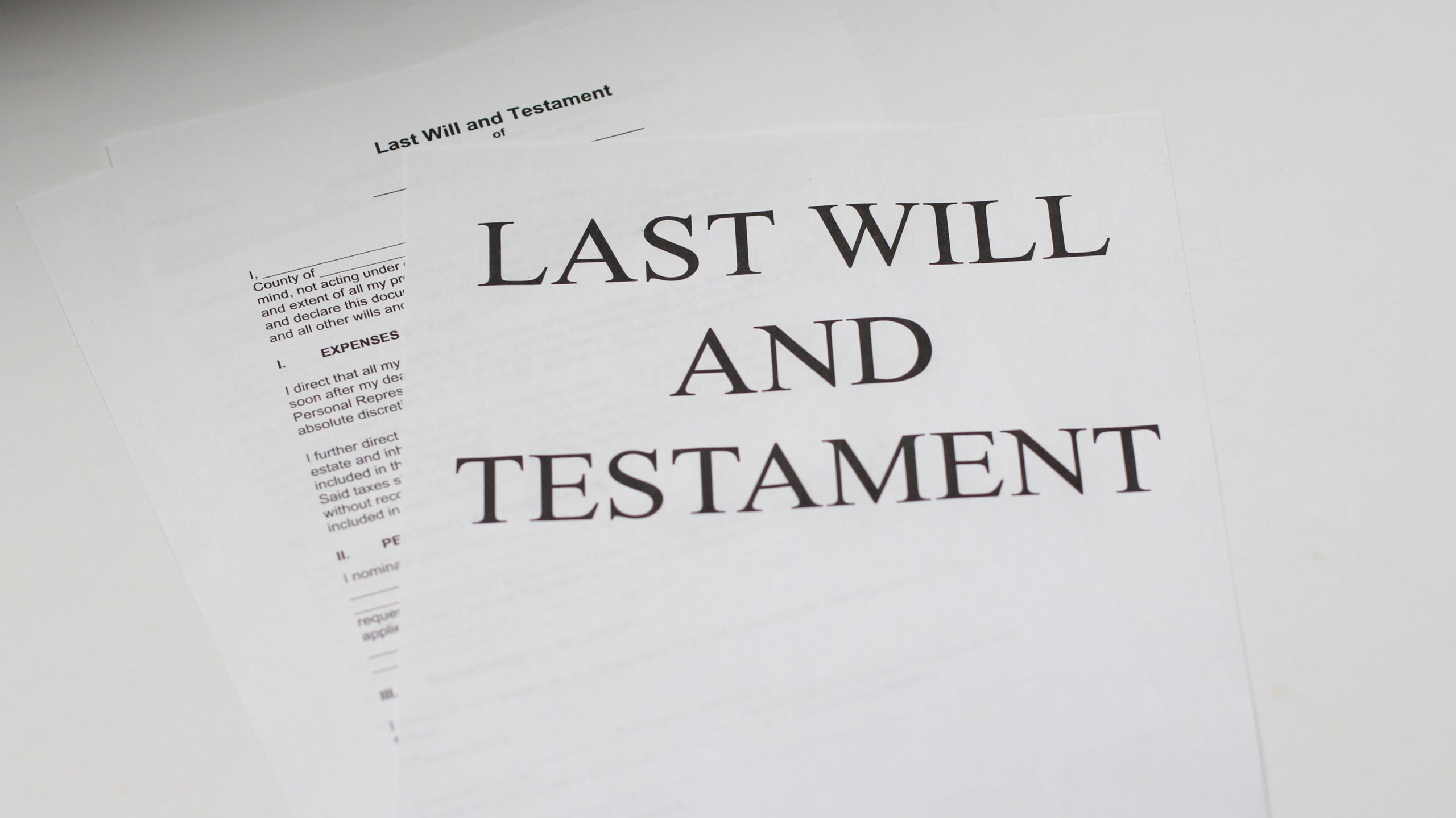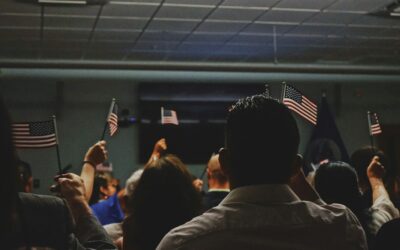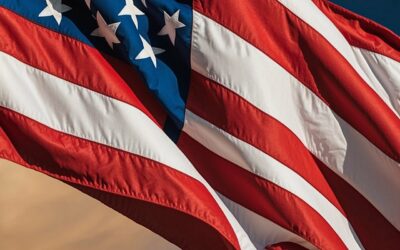The National Interest Waiver (NIW) EB-2 category is a highly advantageous immigration pathway for professionals with advanced degrees or exceptional abilities. Unlike traditional employment-based green card categories, the NIW does not require employer sponsorship or labor certification through the Department of Labor’s PERM process. Instead, applicants can self-petition if they can demonstrate that waiving the job offer requirement is in the national interest of the United States. This makes the NIW especially attractive to individuals whose work holds significant importance or impact, such as professionals in global economics, public health, technology, and environmental policy.
1. Understanding Basic Eligibility for the NIW EB-2 Category
To qualify for an NIW under the EB-2 category, applicants must meet two primary eligibility requirements:
- Possession of an Advanced Degree or Exceptional Ability: The applicant must hold an advanced degree, typically a Master’s or Ph.D., or show evidence of “exceptional ability” in their field. For professionals in roles where an advanced degree is standard (e.g., economists, engineers, scientists), this criterion often aligns naturally with their qualifications.
- National Interest Waiver Criteria: In addition to meeting the advanced degree or exceptional ability requirement, applicants must meet the following three-pronged test established in the Matter of Dhanasar (2016) case, which is used by USCIS to assess whether an individual’s work warrants a waiver of the usual job offer and labor certification requirements.
2. The Three-Pronged NIW Test: Meeting the National Interest Requirement
The Matter of Dhanasar test is key to the NIW application and requires applicants to meet these three criteria:
- Substantial Merit and National Importance: The applicant’s work must be of considerable merit and have broad implications for U.S. interests. This is where economists working at global institutions such as the World Bank, IADB, or IMF serve as a useful example. Economists in these roles often work on issues like poverty alleviation, financial stability, and economic policy development—areas that are critical for global stability and the U.S. economy. Applicants from other fields, such as public health, cybersecurity, or environmental science, can similarly show how their work supports public welfare, national security, or economic interests.
- Well-Positioned to Advance the Proposed Endeavor: Applicants must show that they are well-equipped to accomplish their professional goals in the U.S. Evidence can include a demonstrated record of success in similar roles, a history of impactful publications, or specialized expertise. For instance, an economist at the World Bank could highlight their research contributions to economic policy reforms or their leadership in programs that address financial inequality on a large scale. Professionals in other fields might focus on patents, awards, or leadership positions that underscore their capability to make a significant impact.
- Balancing Test (Benefit of Waiver vs. Need for Job Offer): This test weighs whether granting the NIW and waiving the job offer and labor certification requirements is beneficial to the U.S. Generally, the goal is to show that the applicant’s contributions offer enough value to outweigh the need for a traditional job offer. For instance, economists working for an international entity might emphasize the immediate relevance of their research for U.S. policy and economic growth, reducing the necessity of a job offer to continue their impactful work.
3. Strengthening the NIW Application: Key Documentation and Evidence
To make a strong case for the NIW, applicants need to provide substantial documentation and evidence:
- Advanced Degrees and Credentials: Copies of diplomas, transcripts, and any professional certifications. For instance, an economist could include a Ph.D. in economics or certifications in international development to demonstrate relevant expertise.
- Professional Impact and Published Work: Evidence of publications, articles, or reports, especially those that address significant issues or have received widespread recognition. Applicants could include research that has been cited in policymaking or used by government or international bodies to inform economic policy.
- Letters of Recommendation from Experts: Recommendation letters from colleagues, superiors, or industry experts that attest to the national and international importance of the applicant’s work. For example, a World Bank economist could provide letters from executives or noted economists that speak to the impact of their contributions to global economic stability.
- Professional Awards and Recognition: Any awards, speaking invitations, or professional honors that demonstrate exceptional ability or recognition in the field. Economists and other professionals might include awards for innovation in their field or invitations to speak at high-profile conferences.
- Evidence of Direct Impact on U.S. Programs or Policies: Records that show how the applicant’s work has influenced or aligned with U.S. policy goals, economic growth, or national interests. This could include participation in U.S.-funded projects, collaborations with U.S.-based institutions, or documented contributions to economic reports that inform U.S. decision-making.
When adjudicating the application, USCIS will review all of the documentation and evidence submitted to make a determination on whether the application qualifies for the NIW.
For qualified professionals, the NIW EB-2 pathway offers a streamlined alternative to the labor certification process, allowing them to demonstrate their impact directly rather than relying on an employer. It’s particularly beneficial for those in roles where their work already has a substantial impact and who wish to continue their work with fewer geographic and employment limitations. This option is valuable for professionals who aim to contribute to U.S. interests and find that their work aligns with public welfare or national priorities.
If you wish to explore whether you qualify for the NIW, please email martin@essentiallegalplanning.com or olesya@essentiallegalplanning.com or call us today at (202)743-1656. Our dedicated team is here to support you every step of the way!
We speak: Russian, Mandarin, and Spanish.
LEARN MORE:
https://www.uscis.gov/policy-manual/volume-6-part-f-chapter-5







